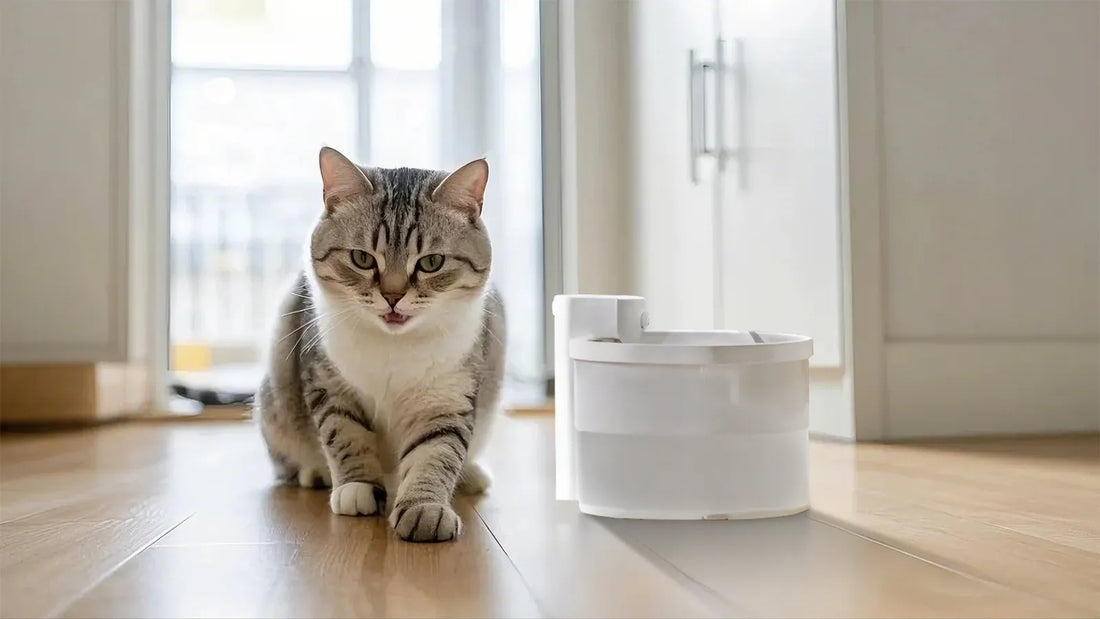Does your dog always want to play, leaving you wondering how to keep up with their endless energy? You're not alone. Many dog owners face this challenge, but understanding the reasons behind your pup's playfulness can help you manage it effectively. This article dives into the science of canine energy, the benefits of play, and actionable strategies to keep your dog engaged and content.
Why Does Your Dog Always Want to Play?
Dogs are naturally energetic creatures, and their desire to play stems from a combination of instinct, breed traits, and individual personality. Play is a way for dogs to explore their environment, bond with their owners, and release pent-up energy. Puppies, in particular, are known for their playful nature as they learn about the world around them. However, even adult dogs retain this behavior as a way to stay mentally and physically stimulated.
The Science Behind Canine Playfulness
Research shows that play is essential for a dog's overall well-being. It triggers the release of endorphins, the 'feel-good' hormones, which help reduce stress and anxiety. Play also strengthens the bond between dogs and their owners, fostering trust and companionship. Additionally, physical activity during play helps maintain a healthy weight and prevents obesity-related health issues.
Breed and Age Factors
Certain breeds are naturally more energetic than others. Working breeds, such as herding or hunting dogs, have been bred for high activity levels and require more playtime to stay satisfied. On the other hand, older dogs may have lower energy levels but still benefit from regular play to keep their minds sharp and bodies active. Understanding your dog's breed and age can help you tailor their play routine to their specific needs.
Signs Your Dog Wants to Play
Recognizing the signs that your dog wants to play is crucial for meeting their needs. Common behaviors include wagging tails, playful barking, bringing toys to you, or assuming a 'play bow' position. Ignoring these cues can lead to frustration or destructive behavior, so it's important to respond appropriately and engage with your dog.
How to Manage Your Dog's Playfulness
While it's great that your dog loves to play, managing their energy can be challenging. Here are some practical tips to keep your pup happy and healthy:
1. Establish a Routine
Dogs thrive on routine, so setting a consistent schedule for playtime can help manage their energy levels. Dedicate specific times each day for active play, such as fetch or tug-of-war, and stick to it.
2. Provide Mental Stimulation
Physical play is important, but mental stimulation is equally crucial. Puzzle toys, training sessions, and interactive games can keep your dog's mind engaged and prevent boredom.
3. Incorporate Variety
Mixing up your dog's play activities can keep them interested and excited. Try new games, explore different environments, or introduce new toys to keep things fresh.
4. Socialize Your Dog
Playing with other dogs can be a great way for your pup to burn off energy and develop social skills. Arrange playdates with other friendly dogs or visit a dog park for supervised interaction.
5. Monitor Their Energy Levels
While play is essential, it's important not to overdo it. Pay attention to your dog's energy levels and ensure they have time to rest and recover. Overexertion can lead to fatigue or injury.
The Benefits of Play for Dogs
Play offers numerous benefits for dogs, including improved physical health, mental sharpness, and emotional well-being. It also strengthens the bond between dogs and their owners, creating a sense of trust and companionship. By incorporating play into your dog's daily routine, you can help them lead a happier and more fulfilling life.
When to Seek Professional Help
If your dog's playfulness becomes excessive or leads to destructive behavior, it may be time to consult a professional. A veterinarian or certified dog trainer can assess your dog's needs and provide tailored advice to manage their energy levels effectively.
Understanding why your dog always wants to play is the first step toward managing their energy and keeping them happy. By providing a balanced mix of physical activity, mental stimulation, and socialization, you can ensure your pup stays healthy and content. Remember, a playful dog is a happy dog, and with the right approach, you can enjoy every moment of their boundless energy.













